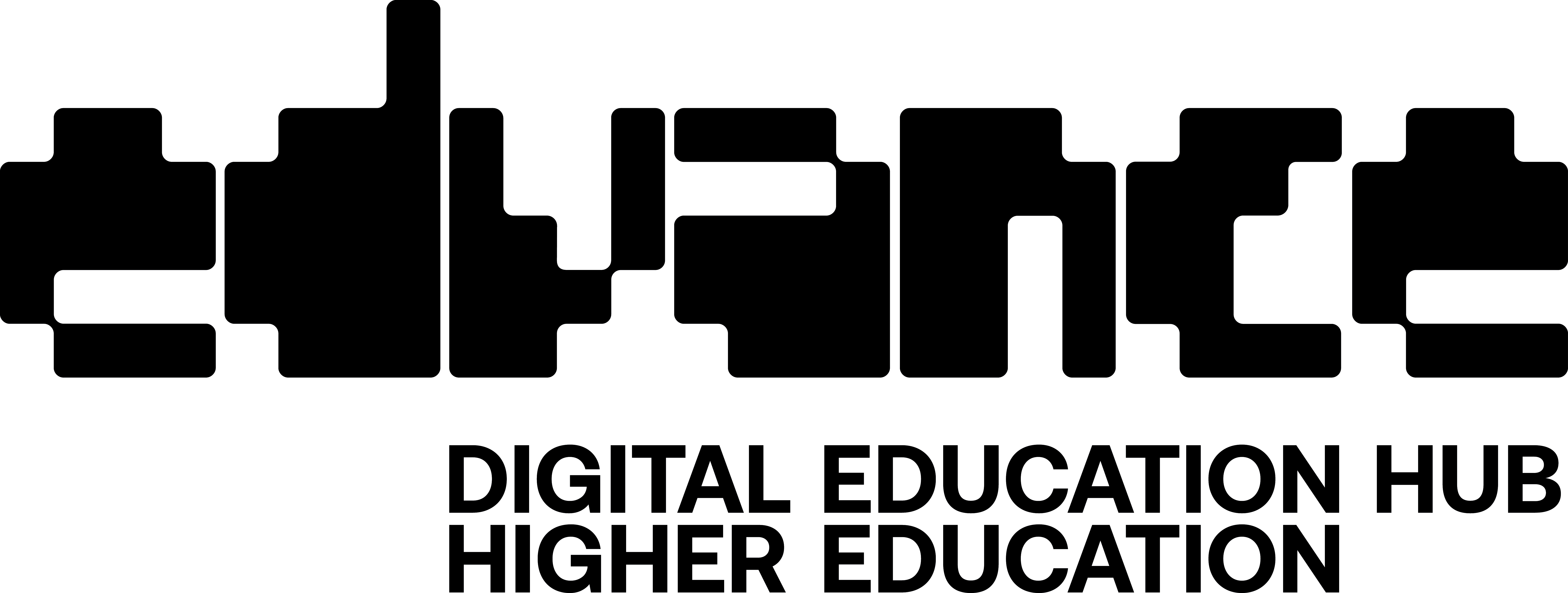Log in and enrol
Artificial Intelligence and legal issues
Artificial Intelligence and legal issues
Reflection on the impacts of artificial intelligence on business and human rights and freedoms. Possible risks, protection needs and future perspectives.
This MOOC was produced as part of the Edvance project – Digital Education Hub per la Cultura Digitale Avanzata. The project is funded by the European Union – Next Generation EU, Component 1, Investment 3.4 “Didattica e competenze universitarie avanzate".






This course is part of
Course description
The purpose of the course is to help students understand the legal implications related to the design and use of artificial intelligence systems, providing an overview of the risks and legal protections that can be envisaged and giving an overview of the legislation currently applicable on the subject.
In particular, the profiles of civil and criminal liability, protection in terms of intellectual property and the impacts of AI on the fundamental rights of the individual - including privacy and the right to non-discrimination – and the main obligations under the AI ACT legislation will be examined.
Total workload of the course: 8 h
This MOOC is provided by Politecnico di Milano.
Intended Learning Outcomes
By actively participating in this MOOC, you will achieve different intended learning outcomes (ILOs).
- Identify the main risks from a legal point of view related to the production and use of artificial intelligence.
- Acquire the main notions relating to applicable regulations, including those relating to the obligations introduced by the new European AI ACT legislation.
- Recognize the compliance needs with respect to the data protection legislation and the main obligations required by law.
- Complete and integrate technical knowledge with legal knowledge.
Prerequisites
No prerequisite knowledge is required.
Activities
Over and above consulting the content, in the form of videos and other web-based resources, you will have the opportunity to discuss course topics and to share ideas with your peers in the Forum of this MOOC.
Section outline
-
-
Week 1 introduces the topic of Artificial Intelligence and the state of the art of its regulation at legislative level. The main legal issues will also be introduced.
-
Week 2 analyses the liability aspects of using and manufacturing Artificial Intelligence, focusing on the existing legal framework about civil liability both arising from contractual and non-contractual damages and eventually about criminal liability.
-
Week 3 focuses on Artificial Intelligence systems’s intellectual property aspects, both in terms of the protection of the AI system created and the protection of the work created by an AI system.
-
Week 4 focuses on the risks to fundamental rights arising from the usage of Artificial Intelligence, such as privacy, information and massive surveillance and related potentially compressed freedoms.
-
-
-
Assessment
You will have successfully completed the course if you achieve 60% (or more) of the total score in the Final Quiz. The maximum score is given at the beginning of the quiz. You can view your score in the quiz on your last attempt or on the 'Grades' page. You have an unlimited number of attempts at the quiz, but you must wait 15 minutes before you can try again.
Certificate
You can achieve a certificate in the form of an Open Badge for this course, if you reach at least 60% of the total score in the final quiz and fill in the final survey.
Once you have completed the required tasks, you will be able to access ‘Get the Open Badge’ and start issuing the badge. Instructions on how to access the badge will be sent to your e-mail address.
The Badge does not confer any academic credit, grade or degree.
Information about fees and access to materials
You can access the course absolutely free of charge and completely online.
Course faculty

Annamaria Italiano
Teacher
Annamaria Italiano is a lawyer and expert in IT and TLC law. She is a Senior Advisor for the Osservatori Digital Innovation of Politecnico di Milano and Partner of Partners4Innovation, an Advisory and Coaching Company, where she carries out consultancy activities to medium and large italian and international companies in relation to legal and contractual profiles related to the use and management of information systems and digitization. She carries out training and dissemination activities in the field of new technology law and is author or co-author of several publications and articles on ICT Law in specialized journals.
Contact details
If you have any enquiries about the course or if you need technical assistance please contact pok@polimi.it. For further information, see FAQ page.
